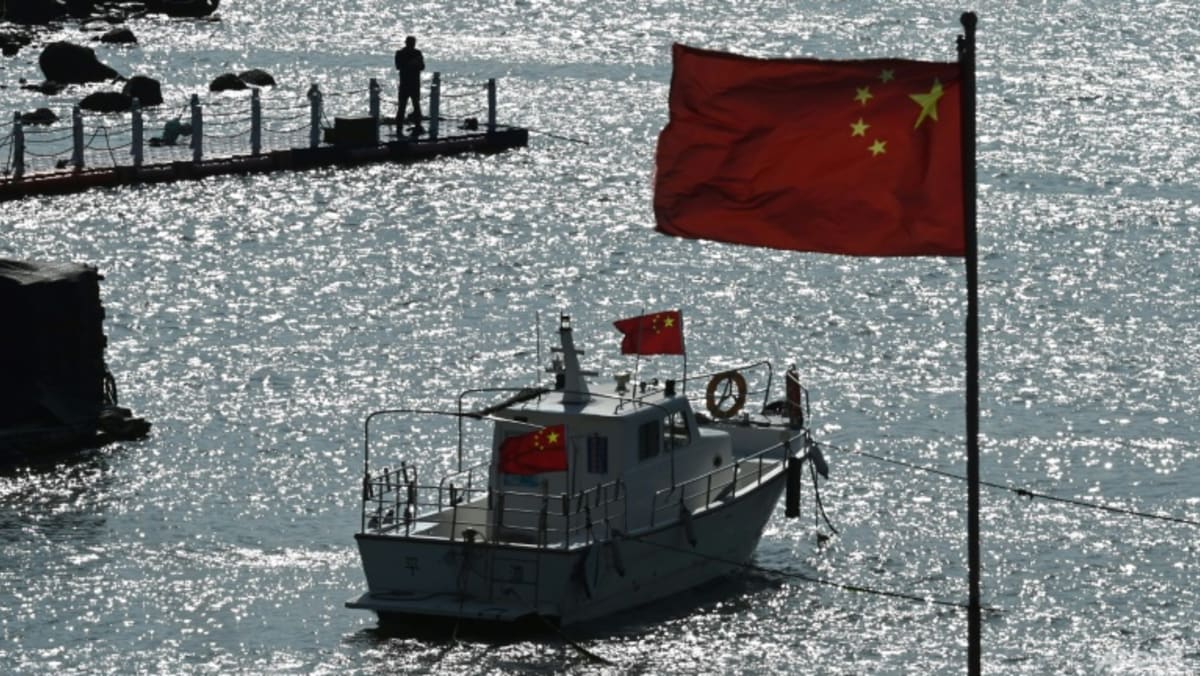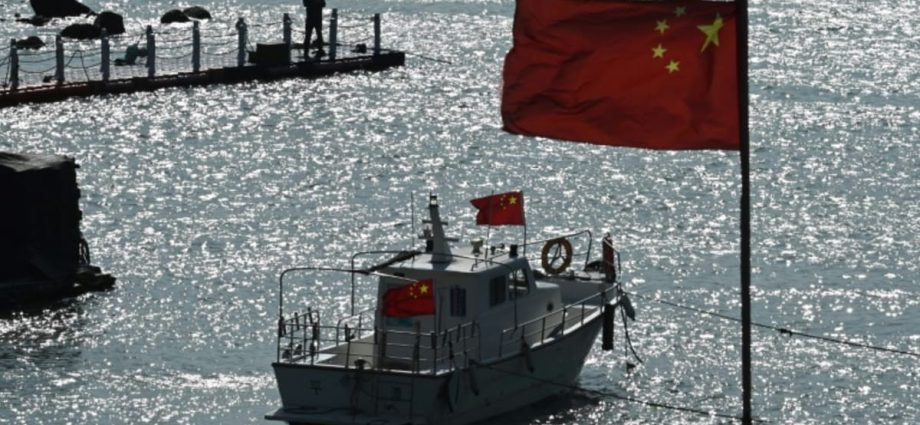
While polls showed many Taiwanese do not accept the actions that China took following Ms Pelosi’s visit last August, it did not translate into a similar level of support for the Democratic Progressive Party (DPP) in last November’s local elections, he said.
“I think a lot of other domestic factors, such as the economy, still factor a lot into how Taiwanese vote,” said Mr Ridzwan.
Dr Ho said that under Ms Tsai’s leadership, “it is quite clear that her party has indeed stood up to the CCP”, and it will appeal to certain segments of Taiwanese society who do not want to see Taiwan grow closer to China.
He added that the everyday Taiwanese would not be too bothered by the ongoing tensions with China.
“They have been experiencing such saber rattling for the last 70 years. So this, in a sense, is something that is not very different from what they have experienced,” he said.
The Taiwanese government has increased the term of national service from four months to one year, placing a spotlight on the need for security, he added. However, nothing much else impacts their daily lives.
“I would think that right now the Taiwanese are still going about their own lives without too much worry,” he said.

